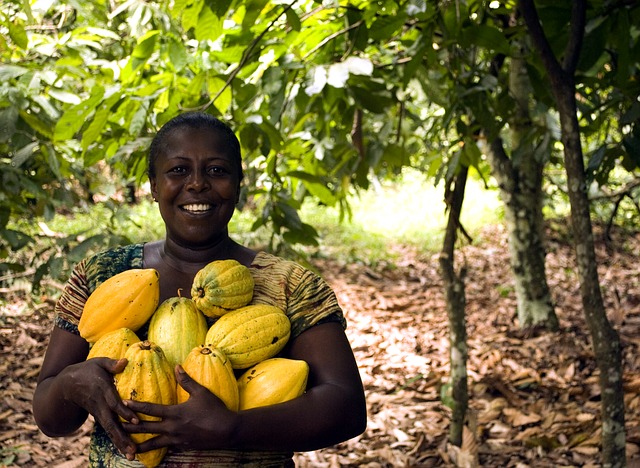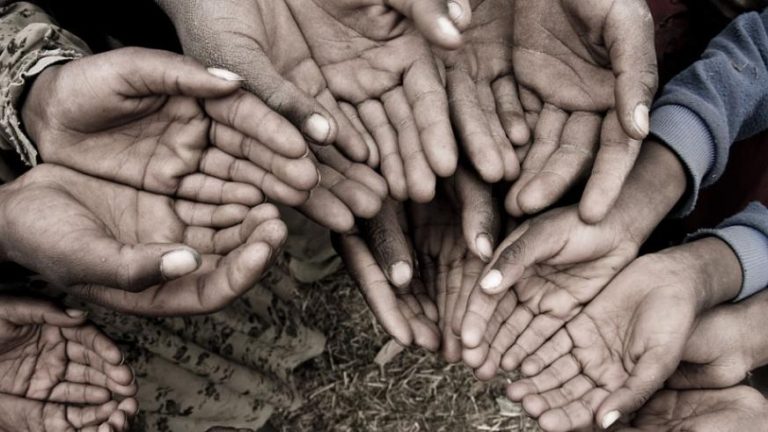Rural women are key agents for development. They play a catalytic role towards achievement of transformational economic, environmental and social changes required for sustainable development. But limited access to credit, health care and education are among the many challenges they face. These are further aggravated by the global food and economic crises and climate change. Empowering them is essential, not only for the well-being of individuals, families and rural communities, but also for overall economic productivity, given women’s large presence in the agricultural workforce worldwide.
UN Women supports the leadership and participation of rural women in shaping laws, policies and programmes on all issues that affect their lives, including improved food and nutrition security, and better rural livelihoods. Training equips them with skills to pursue new livelihoods and adapt technology to their needs.
Women play a key role in food production and form a large proportion of the agricultural work force globally.
Given equal resources, women could contribute much more. FAO estimates that if women farmers (43 per cent of the agricultural labour force in developing countries) had the same access as men, agricultural output in 34 developing countries would rise by an estimated average of up to 4 per cent. This could reduce the number of undernourished people in those countries by as much as 17 per cent, translating to up to 150 million fewer hungry people.




